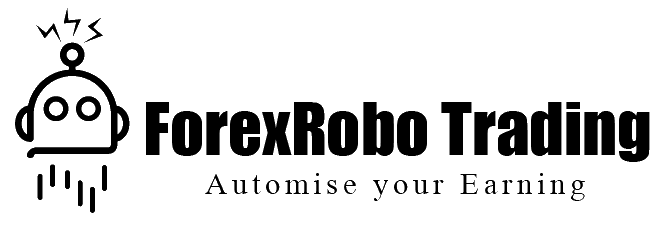The forex market not just has lots of players however numerous types of players. Here we go through a few of the major types of organizations and traders in forex markets:

Commercial & Investment Banks
The greatest volume of currency is traded in the interbank market. This is where banks of all sizes trade currency with each other and through electronic networks. Big banks account for a big percentage of total currency volume trades. Banks facilitate forex deals for clients and conduct speculative trades from their own trading desks.
When banks act as dealers for customers, the bid-ask spread represents the bank’s earnings. Speculative currency trades are carried out to profit on currency changes. Currencies can likewise offer diversification to a portfolio mix.
Reserve banks
Reserve banks, which represent their nation’s government, are incredibly important players in the forex market. Free market operations and interest rate policies of central banks influence currency rates to a large degree.
A reserve bank is accountable for repairing the rate of its native currency on forex. This is the exchange rate routine by which its currency will trade in the open market. Currency exchange rate regimes are divided into floating, fixed and pegged types.
Any action taken by a reserve bank in the forex market is done to support or increase the competitiveness of that country’s economy. Central banks (as well as speculators) may participate in currency interventions to make their currencies appreciate or depreciate. A main bank may deteriorate its own currency by creating extra supply during durations of long deflationary trends, which is then utilized to buy foreign currency. This efficiently compromises the domestic currency, making exports more competitive in the worldwide market.
Reserve banks utilize these techniques to relax inflation. Their doing so also serves as a long-term sign for forex traders.
Investment Managers and Hedge Funds
Portfolio managers, pooled funds and hedge funds comprise the second-biggest collection of players in the forex market next to banks and reserve banks. Investment supervisors trade currencies for large accounts such as pension funds, foundations, and endowments.
An investment supervisor with a worldwide portfolio will have to acquire and sell currencies to trade foreign securities. Financial investment supervisors might likewise make speculative forex trades, while some hedge funds perform speculative currency trades as part of their financial investment techniques.
Multinational Corporations
Firms participated in importing and exporting conduct forex deals to pay for items and services. Consider the example of a German photovoltaic panel manufacturer that imports American components and sells its final products in China. After the final sale is made, the Chinese yuan the manufacturer got should be converted back to euros. The German firm must then exchange euros for dollars to buy more American components.
Business trade forex to hedge the risk connected with foreign currency translations. The same German company may acquire American dollars in the spot market, or enter into a currency swap contract to acquire dollars in advance of buying parts from the American company in order to lower foreign currency exposure threat. In addition, hedging against currency danger can include a level of safety to overseas investments.
Individual Investors
The volume of forex trades made by retail investors is exceptionally low compared to financial institutions and companies. However, it is proliferating in appeal. Retail investors base currency trades on a combination of basics (i.e., rates of interest parity, inflation rates, and financial policy expectations) and technical aspects (i.e., assistance, resistance, technical indicators, rate patterns).
How Forex Trading Shapes Business
The resulting partnership of the different kinds of forex traders is an extremely liquid, worldwide market that impacts service around the globe. Currency exchange rate movements are a consider inflation, worldwide business revenues and the balance of payments account for each nation.
For example, the popular currency carry trade strategy highlights how market individuals affect currency exchange rate that, in turn, have spillover results on the worldwide economy. The carry trade, executed by banks, hedge funds, financial investment managers and individual investors, is created to catch differences in yields throughout currencies by obtaining low-yielding currencies and offering them to purchase high-yielding currencies. If the Japanese yen has a low yield, market individuals would sell it and acquire a higher yield currency.
When interest rates in higher yielding countries start to fall back towards lower yielding countries, the carry trade unwinds and financiers sell their greater yielding investments. A relaxing of the yen bring trade might trigger large Japanese banks and financiers with sizable foreign holdings to move cash back into Japan as the spread in between foreign yields and domestic yields narrows. This strategy, in turn, may result in a broad decline in worldwide equity rates.
The Bottom Line
There is a reason forex is the biggest market in the world: It empowers everyone from reserve banks to retail financiers to possibly see make money from currency variations associated with the worldwide economy. There are different methods that can be used to trade and hedge currencies, such as the carry trade, which highlights how forex players affect the international economy.




